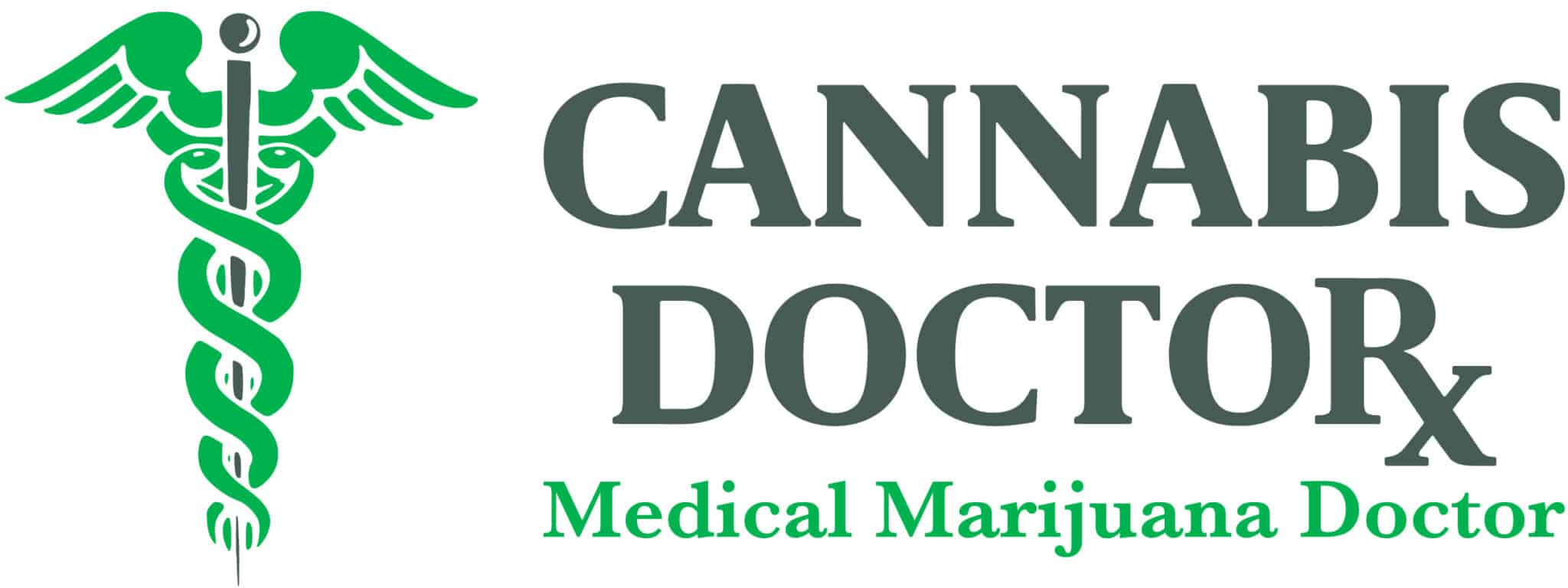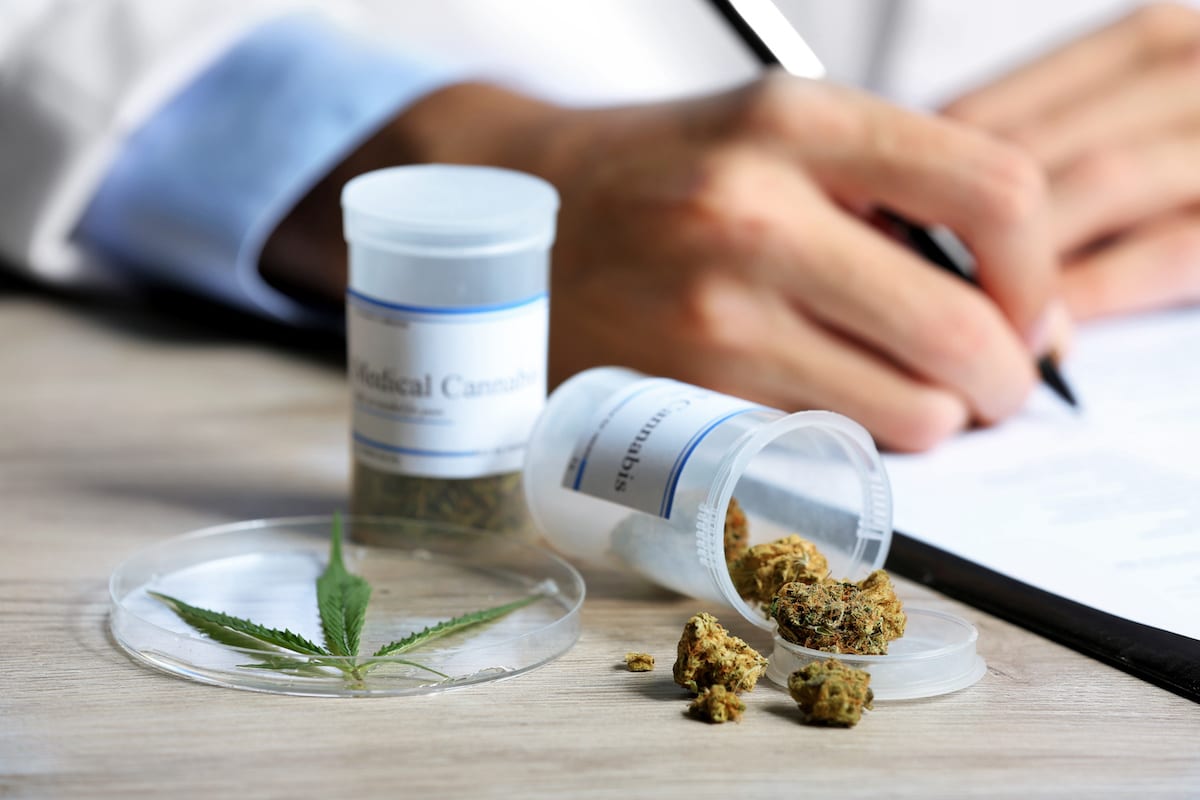In recent years, the potential benefits and effectiveness of cannabis have become less controversial. The normalization of both medical and recreational cannabis use has allowed scientists, doctors, and researchers to gather valuable data reflecting the benefits of marijuana.
Most of the questions surrounding cannabis are centered around who it can be helpful for – and who it can benefit. As of now, medical marijuana is legal in 36 states, and recreational use is legal in 18 states. Additionally, a recent survey showed that 68% of participants support the full legalization of marijuana.
CBD and THC
CBD, also known as cannabidiol, is a component of marijuana reported to provide relief and benefits to several conditions. CBD does not produce any intoxicating properties and can be used with or without its counterpart, THC. THC, or tetrahydrocannabinol, is the most researched compound in cannabis. It is the psychoactive compound that provides the “high” that people associate with using cannabis.
Both CBD and THC offer physical and psychological benefits to some users. They are similar to the naturally occurring endocannabinoids in the body, which play essential roles in the central nervous system. The body’s endocannabinoid system allows CBD and THC to interact with the body’s cannabinoid receptors. Following this interaction, neurotransmitters are released in the brain. These neurotransmitters play a role in sleep, stress, immune function, and more.
Medical Marijuana Uses
Patients report that CBD alone helps relieve anxiety, insomnia, and pain from conditions like epilepsy. In some circumstances, patients who do not respond well to anti-seizure medication can find relief through CBD-dominant medical marijuana. Many new medical cannabis strains are specifically designed to provide positive health benefits and less euphoria. However, while the combination of CBD and THC can help with physical pain, the euphoric aspect of cannabis helps some in a psychological sense.
Recent studies show that medical marijuana produces positive results in treating conditions like:
- HIV/AIDS
- Cancer
- Alzheimer’s disease
- Amyotrophic lateral sclerosis (ALS)
- Epilepsy and seizures
- Glaucoma
- Multiple sclerosis and muscle spasms
- Chrohn’s disease
- Severe and chronic pain
- Severe nausea
Medical marijuana has proven to be a powerful alternative treatment for each of the above conditions. It is not uncommon for cannabis to successfully treat the mentioned conditions when traditional forms of treatment were unsuccessful.
Chronic Pain
Medical marijuana is most commonly used by patients seeking relief from chronic pain. Consequently, many of these individuals report replacing standard pain medications, like opiates, with medical cannabis. Patients with multiple sclerosis, or general nerve pain, report that replacing opiates like Lyrica or Neurontin with cannabis allows them to resume their activities without feeling foggy or tired.
Speaking With Your Doctor
People often feel nervous or embarrassed to bring up medical marijuana with their doctor. Doctors all around the nation are learning and becoming familiar with the concept of medical cannabis. It is essential that you are open and honest with your medical professionals, and if you have a question about a potential treatment, such as medical marijuana, ask. At this point, there is adequate evidence that cannabis is a suitable treatment for a host of conditions. Talk to your local marijuana doctor to see if medical marijuana can help you today.
Reference:
- https://www.ncbi.nlm.nih.gov/books/NBK425767/



